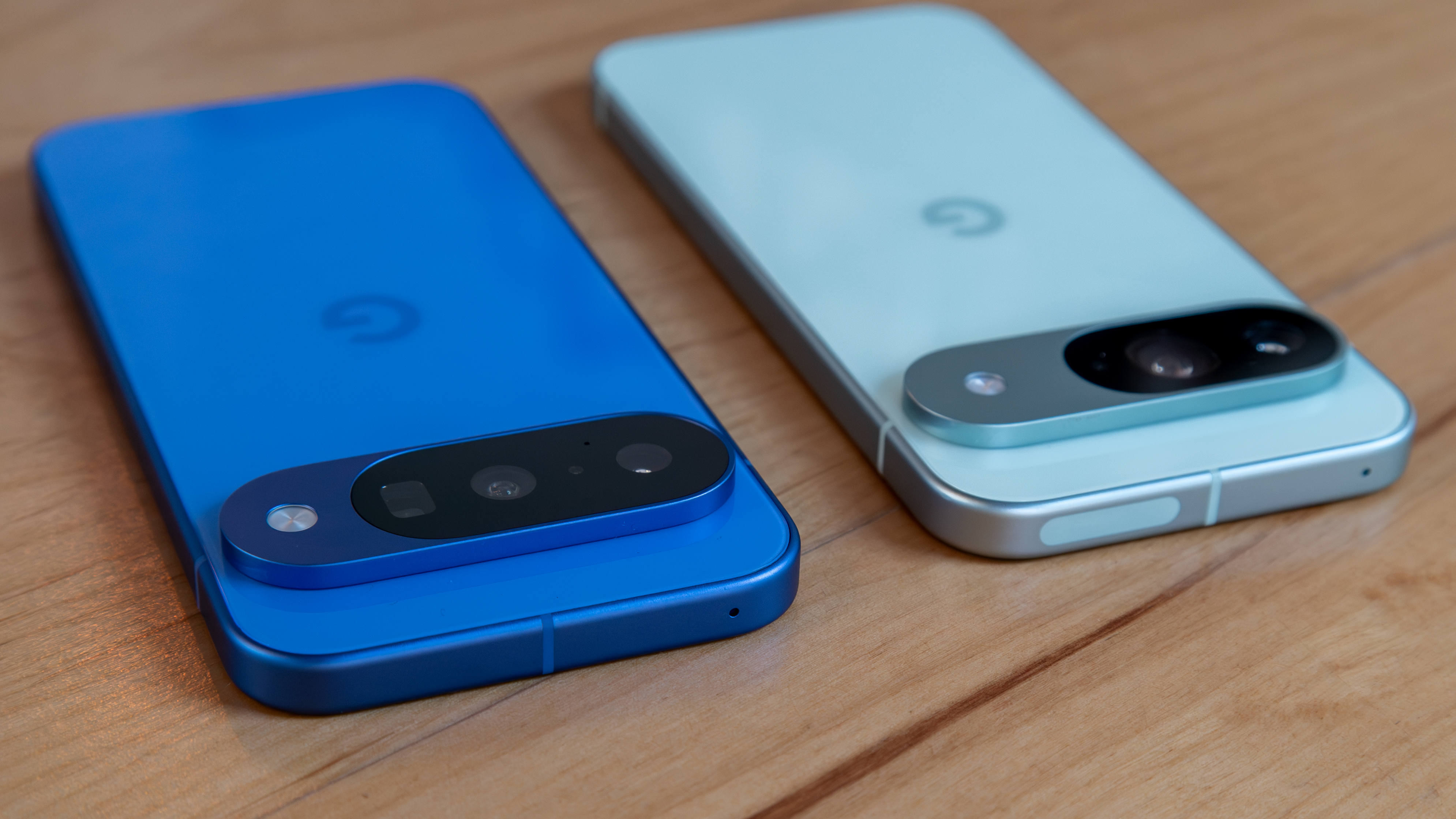LG V40 vs. LG V50 5G: Which should you buy?
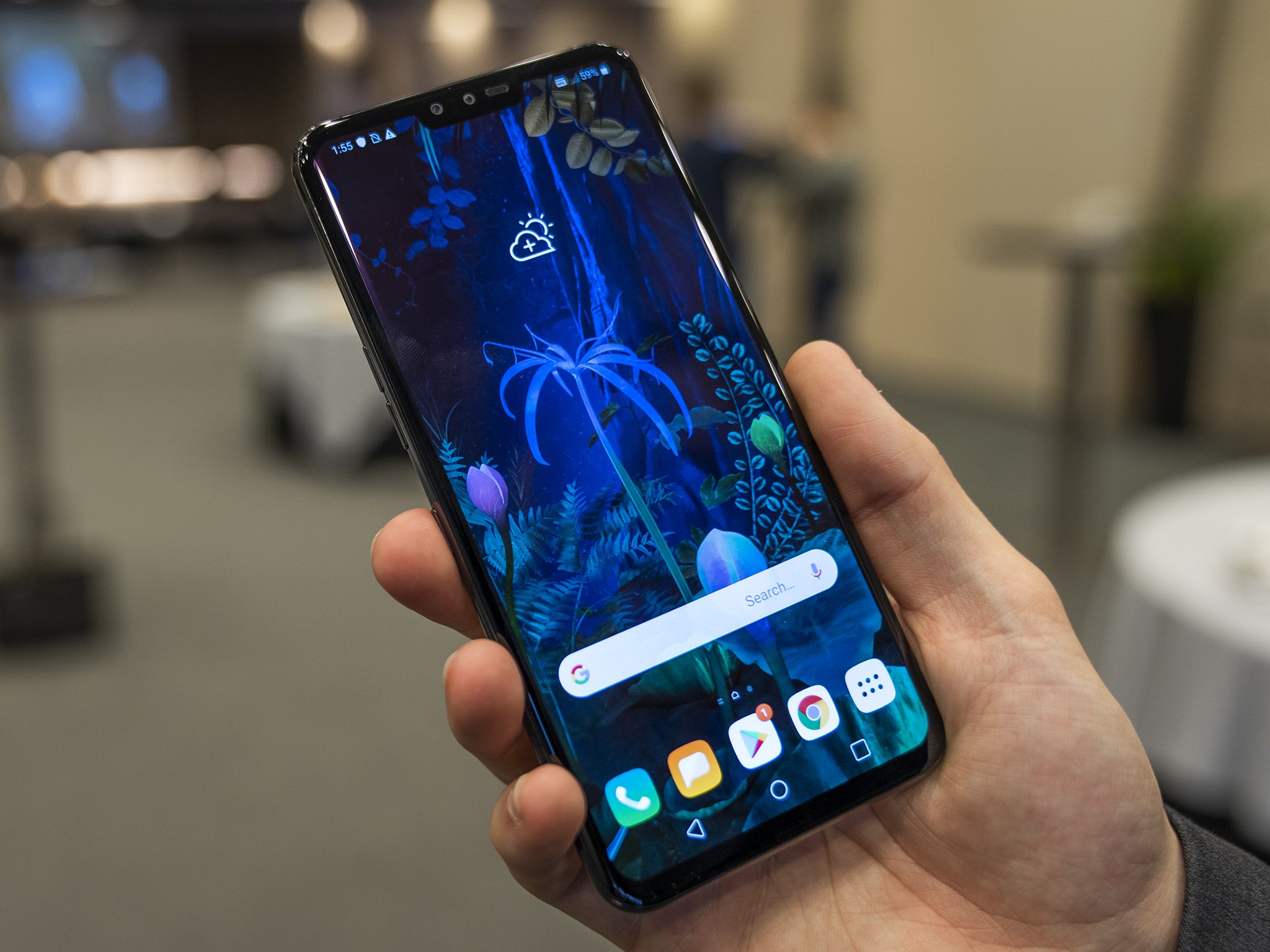
LG V40
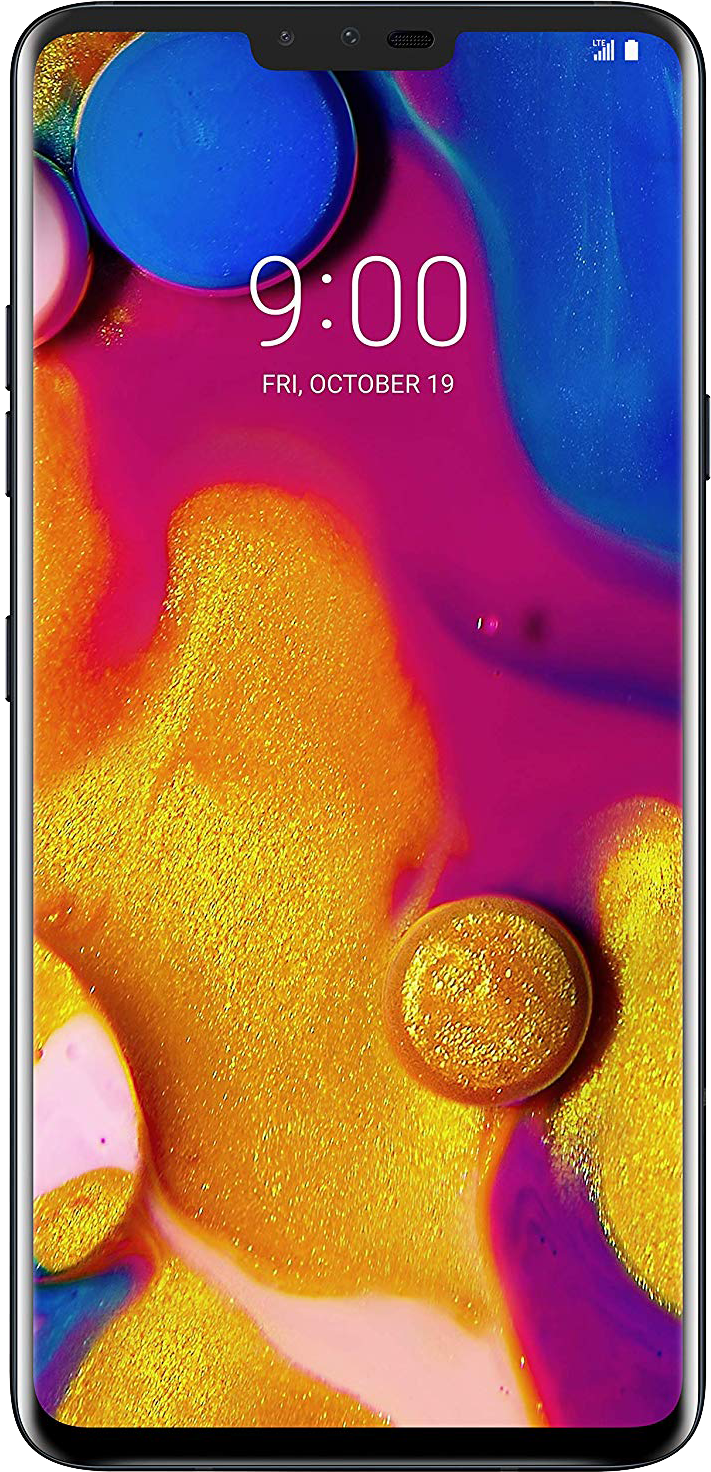
The V40 may not be everyone's first-choice flagship, but it's a really good phone that competes with top-end devices at a sub-$900 price. Sure it doesn't have 5G, but its price makes it a much better value proposition than the V50 — and you'll be able to choose (and change) your carrier because it's available unlocked.
LG V40
Our pick
LG V50
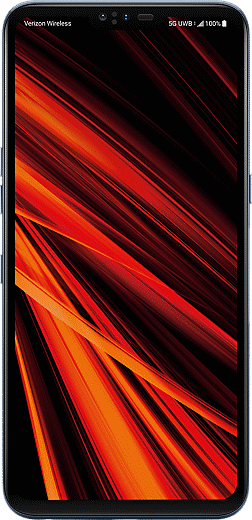
The V50 is a good phone, but it isn't substantially different from the V40. You get access to a 5G network, and a larger battery is always nice, but it also costs $300 more than the unlocked V40. Plus, you'll be limited to just Verizon or Sprint, and 5G isn't worth switching carriers for right now.
LG V50
First to 5G
The V40 and V50 are nearly identical
The LG V50 has a different name, but is nearly identical to the LG V40 released months earlier. It's built with the same materials, has the same-sized screen, and has the same specs other than four simple changes: a newer Snapdragon 855 processor, 5G radios, 128GB of storage and a larger 4000mAh battery.
Those changes lead to small increases in thickness and weight for the V50, though you won't particularly notice those on account of the V40's already thin and light hardware.
| Header Cell - Column 0 | LG V40 | LG V50 |
|---|---|---|
| Operating system | Android 9 Pie | Android 9 Pie |
| Display | 6.4-inch OLED, 3120x1440 (19.5:9) HDR10 | 6.4-inch OLED, 3120x1440 (19.5:9) HDR10 |
| Processor | Qualcomm Snapdragon 845 | Qualcomm Snapdragon 855 |
| RAM | 6GB | 6GB |
| Storage | 64GB | 128GB |
| Expandable | MicroSD | MicroSD |
| Rear camera 1 | 12MP, 1.4-micron, OIS, f/1.5, 78-degree lens | 12MP, 1.4-micron, OIS, f/1.5, 78-degree lens |
| Rear camera 2 | 16MP, 1-micron, f/1.9, 107-degree lens | 16MP, 1-micron, f/1.9, 107-degree lens |
| Rear camera 3 | 12MP, 1-micron, f/2.4, 45-degree lens, 2X zoom | 12MP, 1-micron, f/2.4, 45-degree lens, 2X zoom |
| Front camera 1 | 8MP, f/1.9, 80-degree lens | 8MP, f/1.9, 80-degree lens |
| Front camera 2 | 5MP, f/2.2, 90-degree lens | 5MP, f/2.2, 90-degree lens |
| Connectivity | 802.11ac Wi-Fi, Bluetooth 5.0, NFC, USB-C | 802.11ac Wi-Fi, Bluetooth 5.0, NFC, USB-C |
| Audio | BoomBox speaker 3.5mm headphone jack 32-bit Quad DAC | BoomBox speaker 3.5mm headphone jack 32-bit Quad DAC |
| Battery | 3300mAh Non-removable | 4000mAh Non-removable |
| Charging | Quick Charge 3.0, Fast wireless charging | Quick Charge 3.0, Fast wireless charging |
| Water resistance | IP68 | IP68 |
| Security | Capacitive fingerprint sensor | Capacitive fingerprint sensor |
| Dimensions | 158.8 x 75.7 x 7.6 mm 169 g | 158.8 x 75.7 x 8.4 mm 183g |
Being the "same" as the V40 definitely isn't a bad thing, and if you're comparing these two phones it means you're already drawn to the features and design that LG has to offer. But it's worth noting that the improvements in the V50 are minimal, even though it's listed with a different name that would indicate there's more of an upgrade at play.
How much do you want to pay for 5G?
With so much shared between the phones, the differentiator in this comparison is access to a 5G network — and the associated price and carrier restrictions associated with it.
Getting access to a small 5G network is not worth $300 more than the V40.
Considering the V50 is so similar to the V40 but with the potential to use 5G in the future, it would be a no-brainer to go for the V50 ... except for the fact that it's about $300 more. The V40 launched at a high price, but in the months since it's dropped considerably — and now it can be had for under $900, whereas the V50 is over $1100. That's a big price differential for a small improvement, and while the V40 is a fine value at about $750 its core tenets don't really stand up to the scrutiny placed on a phone that costs hundreds more.
Get the latest news from Android Central, your trusted companion in the world of Android
In addition to the cost aspect, which is likely the most important for people, there are also carrier restrictions in place for the V50. You can only get the LG V50 from Sprint or Verizon, and at this point with the small size of 5G networks it isn't worth switching carriers in order to get this phone. If you use T-Mobile or AT&T, or a prepaid MVNO, you'll only be able to go with the V40 because it's available unlocked.
If you like what LG is offering in its high-end phones, we recommend you get the LG V40. It's hundreds of dollars less than the V50, and you won't miss the 5G capabilies — by the time the network matters, you'll be ready to upgrade to a new phone again.

A good phone that you can buy and use on any network.
The V40 doesn't offer 5G connectivity, but its much lower price makes it a better value proposition. For about $750, the V40 is a good phone with high-end specs, a great screen and capable cameras. Plus, it can be had unlocked so you can choose (and change) your carrier as you see fit.
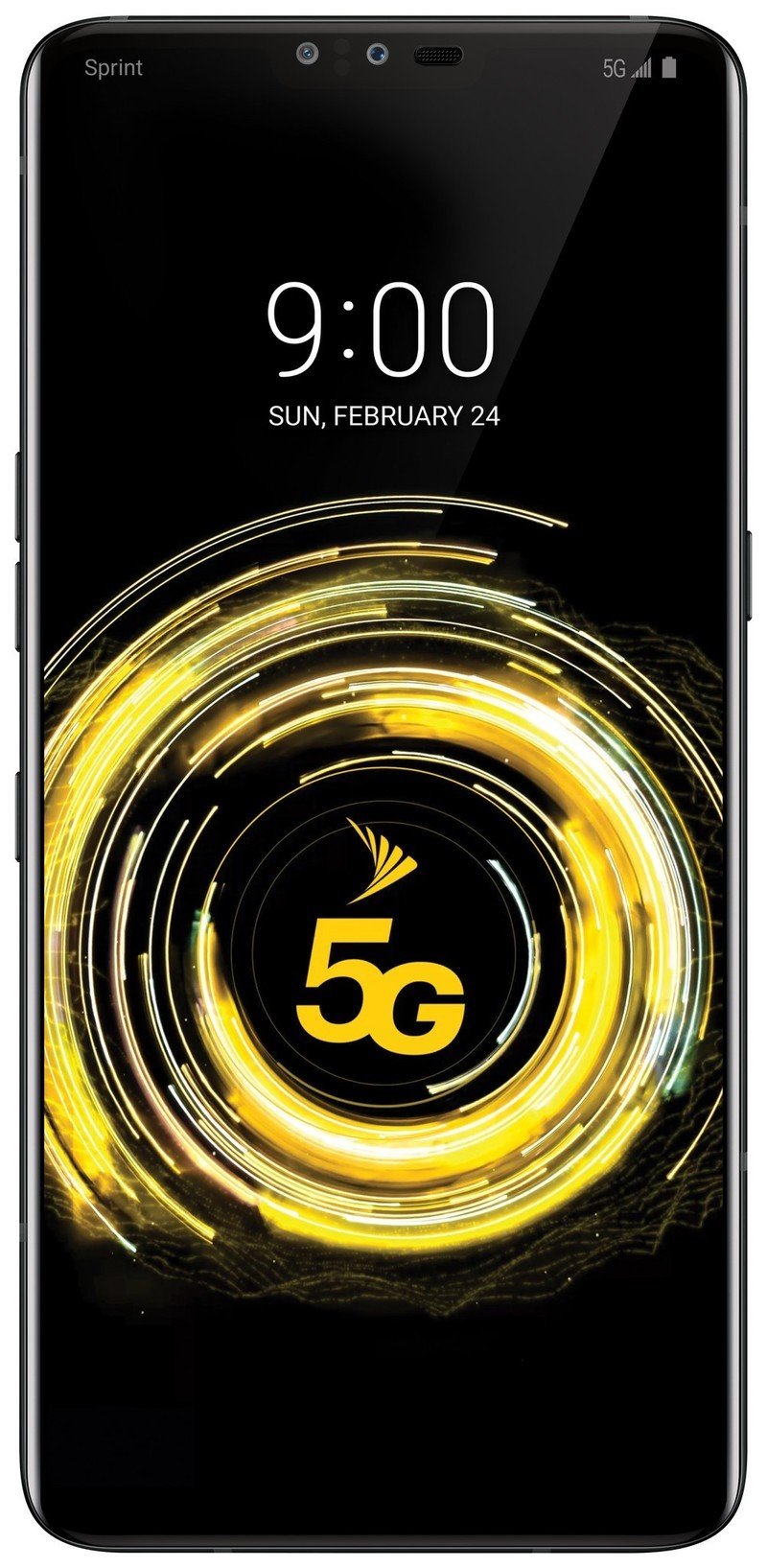
Hundreds more for a couple small changes and a network you may not have access to.
The V50 is a solid phone, because it's effectively the same as the V40. Yes you get access to a 5G network and a larger battery, but that's hardly worth the $300 extra it costs over the V40. And beyond that, you'll be limited to either Sprint or Verizon, which further complicates things for some people.

Andrew was an Executive Editor, U.S. at Android Central between 2012 and 2020.
